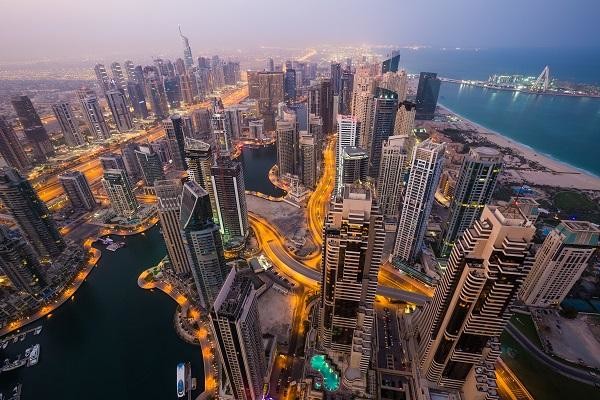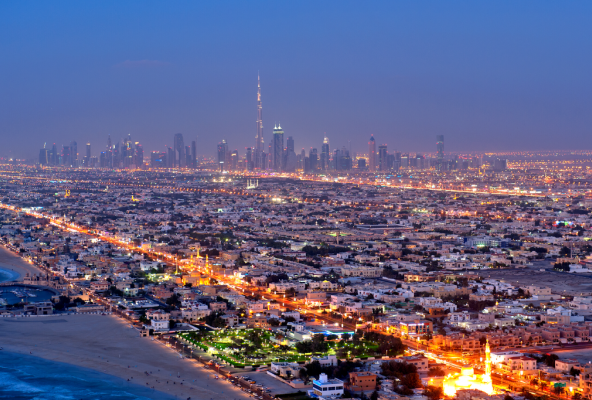According to a new Economist Intelligence Unit (EIU) study report, Dubai is the most competitive city in the Middle East.
Dubai was placed 40th out of 120 large cities in the report, which was commissioned by Citi. Dubai narrowly beat out its neighbour Abu Dhabi, which was tied for 41st place with Barcelona, Spain. Doha, Qatar’s capital, was ranked 47th, alongside Milan and Osaka, while Kuwait City, Muscat, and Riyadh were ranked 80th, 86th, and 106th, respectively.
The list, which ranked New York, London, and Singapore as the most competitive cities in the world for their demonstrated ability to attract capital, business, talent, and tourists, ranked the most competitive cities in the world for their demonstrated ability to attract capital, business, talent, and tourists.
Doha was the greatest performer among Gulf cities in the individual categories, ranking seventh in the world for economic strength. Qatar was crowned the richest country in the world by Forbes earlier this month.
The 120 cities included in the Hot Spots study comprise around 29 percent of the world economy and generated a combined GDP of $20.24 trillion in 2011. They have a combined population of about 750 million people.
The ten most competitive cities in the world, according to the survey, were New York, London, Singapore, Paris, and Hong Kong (tied fourth), Tokyo, Zurich, Washington, DC, Chicago, and Boston.
“Cities are engines of prosperity and creativity,” Citi CEO Vikram Pandit said. “We are dedicated to partnering with them to help them attain their full potential.” However, as cities compete for investment, talent, and business, we recognize that competitiveness is more than just about growth.”
“Economic dynamism is undoubtedly rising overseas, especially in Asian cities,” said Leo Abruzzese, the EIU’s global forecasting director. “However, US and European cities have legacy advantages that give them a strong competitive edge.” These established cities, in particular, are better at drawing top talent from around the world.”
The EIU created a Global City Competitiveness Index that evaluates cities based on eight different competitiveness categories and 31 different metrics.
Economic strength, human capital, institutional effectiveness, financial maturity, worldwide appeal, physical capital, social and cultural character, and environmental and natural dangers are only a few of the categories.
According to the research, 11 of the top 30 cities are in Europe, while 10 are in the United States. The economic rise of Asia was reflected in the economic competitiveness of its cities, with Asia accounting for 15 of the top 20 cities in the economic strength category. There were twelve of them in China.
Although most organizations target a mix of advanced economies and emerging market megacities, the survey revealed that cities with populations of 2 million to 5 million people, such as Abu Dhabi, Bandung, Dalian, Hangzhou, Hanoi, Pune, Qingdao, and Surabaya, had the fastest overall growth.




